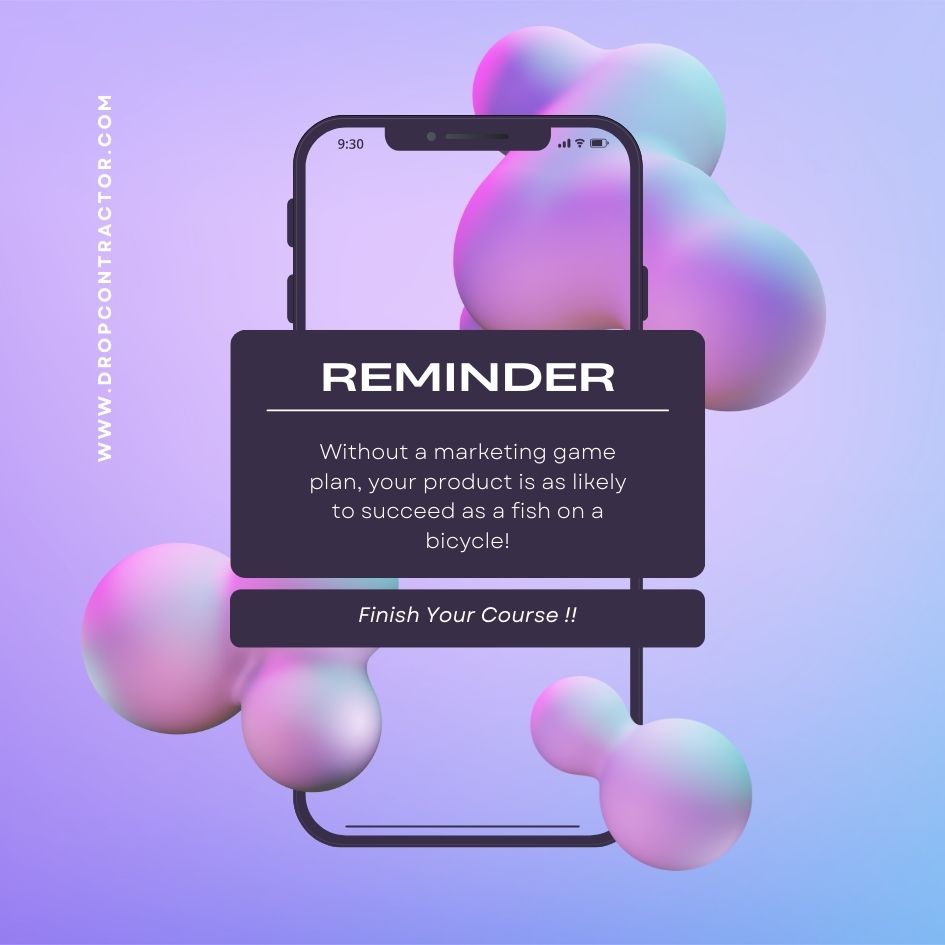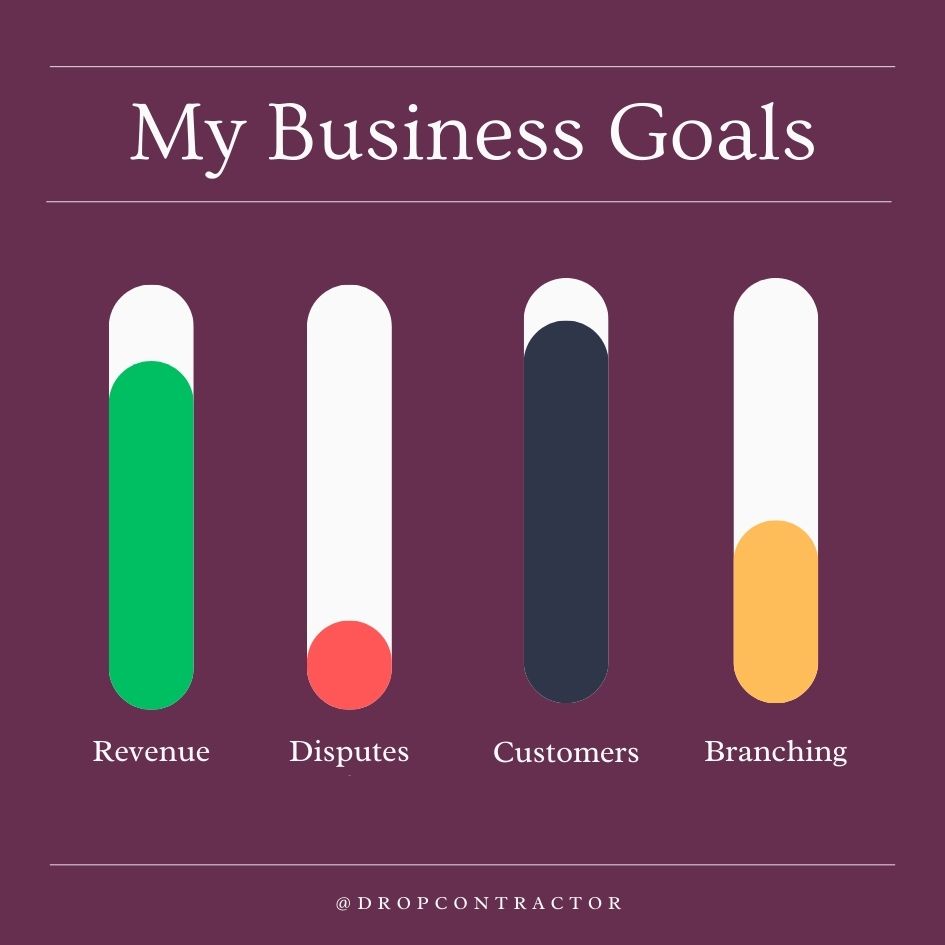This is where the magic begins! In this part, we’ll lay the groundwork for your marketing success. We’ll answer the burning question: “Why do I even need a marketing plan?” Then, we’ll dive deep into understanding your business like the back of your hand. Finally, you’ll become a marketing detective, uncovering industry secrets and learning how to outsmart your competitors!
By the End of this Part, i will share a Full Marketing Plan Template that you can implement to help you draft your first Marketing Plan, but please, take your time, read along and try and understand the process, it’s super easy and i guarantee that it will help you in the long run.

A strong marketing plan isn’t just for big corporations like Nike or Coca–Cola. Take SoulCycle, the indoor cycling phenomenon. Their marketing isn’t just about exercise bikes. They focus on …e a magnet, attracting the customers who are a perfect fit for your business.
Here’s how a marketing plan can help your small business ▶︎

It Helps you Attract ideal customers: Imagine attracting people who are exactly like your ideal customer – the ones who get excited about what you offer! A marketing plan helps you define who this is and how to reach them directly. Think of it like a magnet, attracting the customers who are a perfect fit for your business.

It Helps you Boost sales: A targeted marketing plan takes the guesswork out of reaching new customers. You’ll know exactly where to find them and what message resonates most. This translates to a steady stream of customers coming through your door, almost on autopilot!

It Helps you Stand out from the crowd: Remember all the similar businesses competing for attention? A strong marketing plan helps you define what makes you special. Are you the friendly neighborhood shop, the one with the late-night hours, or the eco-conscious choice? Highlighting your unique selling proposition (USP) makes you the hero customers will choose every time.
Module 1.2: Know Yourself, Know Your Market: Discover Your Dream Audience & Unique Selling Power!
Imagine you’re standing in your business, not just a bakery. It could be anything you’re passionate about – a yoga studio, a clothing boutique, or even a dog walking service. You’ve realized the power of marketing can help you reach more customers, but there are two key questions you need to answer first:
1. You need to know Your Business Goals:
- What truly sets your business apart? Forget just the products or services you offer – think about the experience you create. Do you offer personalized consultations, exceptional customer service, or a unique atmosphere? Identifying your strengths is what makes you stand out from the competition.
- Where do you see your business in the future? Do you dream of expanding your services, becoming a community hub, or attracting a wider clientele? Setting clear goals will be the roadmap for your marketing strategy.
2. Know Your Dream Audience:
- Imagine your ideal customer walking through the door. Who are they? Busy professionals seeking stress relief? Young families looking for a fun activity? Tech-savvy millennials searching for the latest trends? Understanding your target audience’s demographics, personalities, interests, and needs is key to crafting effective marketing messages.
Example: Think about a local yoga studio. Their target audience might be broad, but understanding their ideal customer’s needs is crucial. Busy professionals might be drawn to lunchtime yoga classes, while young families might be interested in parent-and-toddler yoga sessions.
It All Depends on your Business Personality (Persona), get to know yourself & your business, then you’ll find your Dream Audience.
3. Know Your Unique Selling Proposition (USP):
- What makes your business the obvious choice compared to your competitors? Do you offer a unique product line, a loyalty program with exclusive perks, or maybe flexible scheduling options? This is your USP!
Example: Let’s say you own a dog walking service. Your USP might not just be dog walking – it could be convenience and personalized care. You offer GPS tracking for worried pet parents or cater to specific needs like senior dog care or puppy socialization walks.
Drop Contractor’s Marketing Plan For Small Businesses
Module 1.3: Become a Marketing Sherlock: Crack the Case & Outsmart Your Competition
Alright! Imagine yourself as a marketing Sherlock Holmes 🕵🏻 (or Nolan From the Rookie), ready to crack the case and dominate your market. In this module, we’ll ditch the guesswork and equip you with the tools to become a marketing detective. We’ll uncover valuable intel about your industry and competitors, so you can craft a winning strategy that leaves them (your Competitors) in the dust.
Why Market Research Matters:
Ever feel like you’re flying blind when it comes to marketing? Market research is your roadmap, your secret weapon! It helps you understand:
- Industry Trends: What’s hot and what’s not in your field? Are there any emerging trends you can capitalize on?
- Competitor Landscape: Who are your main rivals? What are their strengths and weaknesses? What marketing tactics are they using? Knowing your competition allows you to find your niche and develop a strategy that sets you apart.
- Customer Insights: What are your ideal customers’ needs, desires, and pain points? Understanding their online behavior and offline habits will help you reach them in the right places with the right message.
Some Tools to Become a Marketing Pro:
There’s no need for a magnifying glass or deerstalker hat (although, bonus points if you have them!). Here are some key tools in your marketing detective kit:
- Online Resources: Google Trends, industry reports, and competitor websites are goldmines of information. Use them to analyze industry trends and see what your competitors are up to.
- Social Listening Tools: Tools like Hootsuite or Sprout Social can help you track conversations online and see what people are saying about your industry and competitors.
- Customer Surveys & Feedback: Talk directly to your customers! Send out surveys, host focus groups, or simply ask for feedback after a purchase. What are their experiences? What would they like to see more of?
Turning Insights & data into Action:
Once you’ve gathered your intel, it’s time to put it to work! Use your findings to:
- Develop a Targeted Marketing Strategy: Knowing your ideal customer and industry trends allows you to tailor your marketing efforts to reach the right people with the right message.
- Find Your Unique Selling Proposition (USP): What makes your business stand out from the competition? Highlight your USP in your marketing materials to attract customers who value what you offer.
- Identify Opportunities for Growth: Maybe you discover a gap in the market that your business can fill. Use your research to develop new products or services that cater to unmet customer needs.
Marketing Plan Template for Small Businesses: Building Your Marketing Foundation!
This table below will guide you through building a strong marketing foundation for your small business. By completing the action items in each section, you’ll gain a clear understanding of your business, your target market, and the competitive landscape before diving into specific marketing tactics.
| Section | Description | Actionable Items |
|---|---|---|
| 1.1: Why Marketing Matters for me | I Understand the power of marketing for attracting customers, boosting sales, and standing out from the competition. |
|
| 1.2: Know Myself, Know My Market | Define my business goals, identify my ideal customer, and uncover my unique selling proposition (USP). |
|
| 1.3: Becoming a Marketing Sherlock | I will Conduct market research to understand industry trends, i will analyze competitors, and i will gain valuable customer insights. |
|
Bonus: Throughout this process, think about how these elements can be integrated into your marketing plan.
Download Your Marketing Plan Template






